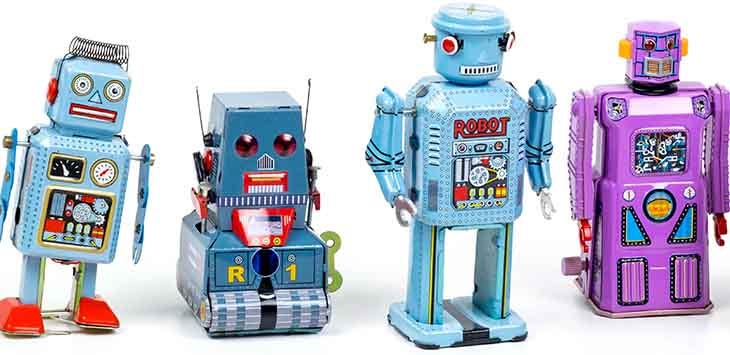Who would bother listening to a robot? Another robot, of course!
Whingement Day is almost upon us
This morning finds me daydreaming about Raquel Welch.
I am a stand-up meeting so don’t judge me too harshly. Whose mind has not wandered during the 9am stand-up?
Well, I say ‘stand-up’ but it’s more like a ‘lean-to’ since everyone is using office props to keep themselves upright: the backs of chairs, …
Keep reading with a 7-day free trial
Subscribe to [Autosave is for Wimps] to keep reading this post and get 7 days of free access to the full post archives.
![[Autosave is for Wimps]](https://substackcdn.com/image/fetch/$s_!Xki4!,w_80,h_80,c_fill,f_auto,q_auto:good,fl_progressive:steep,g_auto/https%3A%2F%2Fbucketeer-e05bbc84-baa3-437e-9518-adb32be77984.s3.amazonaws.com%2Fpublic%2Fimages%2F6074c205-ec66-434d-a31c-d8b26b9e2c52_256x256.png)

![[Autosave is for Wimps]](https://substackcdn.com/image/fetch/$s_!Xki4!,w_36,h_36,c_fill,f_auto,q_auto:good,fl_progressive:steep,g_auto/https%3A%2F%2Fbucketeer-e05bbc84-baa3-437e-9518-adb32be77984.s3.amazonaws.com%2Fpublic%2Fimages%2F6074c205-ec66-434d-a31c-d8b26b9e2c52_256x256.png)

